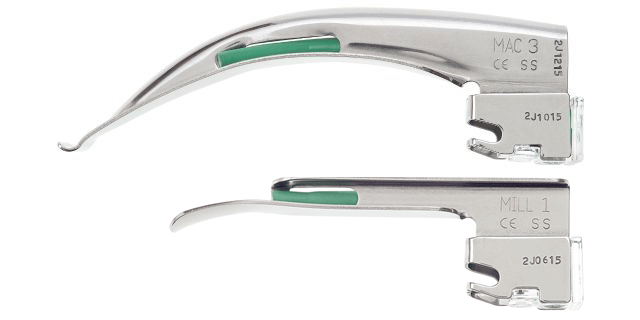The Health Benefits of a Gluten-Free Diet

We all know that a gluten-free diet has become one of the most popular trends in recent years, and some may consider it a fad. Nowadays, gluten-free products are also starting to line the shelves at grocery stores. However, keep in consideration that most people are still in the dark when the topic comes to the health benefits of a gluten-free diet. Firstly, you should know that gluten is a particular type of protein. It is present in foods like cereals, individual grains, rye, and wheat. One of the significant purposes of gluten is to keep the elasticity foods during the fermentation phase. Along with this, gluten also makes the bread chewy as well as prevents other foods from having a sticky or doughy-like texture.
Reasons for the popularity of a gluten-free diet
There is a great need to know, with increases in people being diagnosed with celiac disease and gluten sensitivity, the idea of a gluten-free diet is becoming popular day by day. The diet is recommended by physicians from all sides of the nutritional spectrum. It is fascinating to know that a gluten-free diet includes weight loss specialists, bariatric physicians, and dietitians, as we see in ketosis guides.
Moreover, a gluten-free diet may have a variety of health benefits. It is fascinating to know that a gluten-free diet plays a significant role in improving cholesterol levels as well as also aid in promoting digestive health. You can also increase energy levels while having a gluten intolerance. It is essential to keep in mind that if you choose to start a gluten-free diet, you will eliminate various foods from an unhealthy diet. You can change the entire way of eating in order to get a healthy lifestyle.
A gluten-free diet is healthy- be conscious.
Bear in mind that most of the foods you eat on a gluten-free diet can help you promote healthy weight loss if you eat a well-balanced diet that comprises all essential protein, carbohydrates, and fat.
Several gluten-free foods are healthy for you and can also help you lose weight with the right combinations or proportions of other food. However, you should consider the portion size in mind. Furthermore, be sure to choose gluten-free starches like brown rice, sweet potatoes, as well as quinoa.
Be cautious about reading labels because there is a lot of confusion about the gluten-free world as many packages are now stating that the product is gluten-free, but the reality is they not be. Along with this, there is a great need to pay attention to the label or beware of replacements because they will always be easy replacements for unhealthy foods.
Should you avoid gluten?
For people who are not fighting against gluten sensitivity, preventing gluten is not a health necessity. However, people who experience some symptoms are unaware of the cause. As many as 83% of people with this disease don’t know they have it. It means that foods such as bread, pasta, cookies, cakes, or crackers are making sick, and they have no idea why it will happen. If you want further information, all your concerns are addressed here.
Along with this, if you are experiencing bloating, headaches, or nausea after eating, always keeping track of the foods you are consuming and the symptoms in a diary. However, if you see any correlation between gluten and unpleasant symptoms, there is a need to consider cutting it out of the diet and monitoring any changes.
However, by cutting back on gluten, it can also encourage you to eat more fruits and vegetables by leading to healthy living. Moreover, swapping a sandwich for a salad is helpful if you are trying to lose weight.
Many people also lose weight and feel less tired with less joint pain on a gluten-free diet. Bear it, and these advantages are likely attributed to excluding all the unhealthy foods in the diet.





